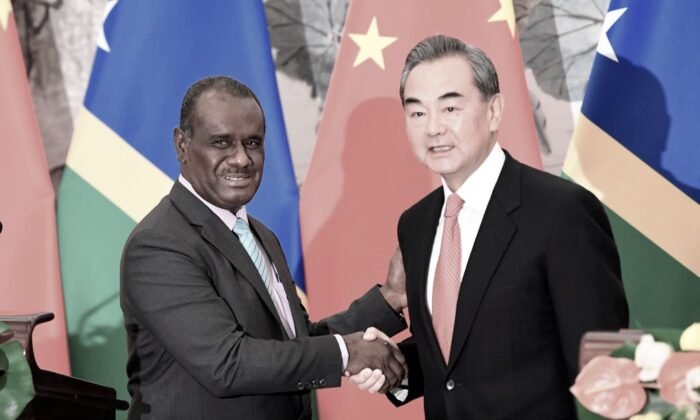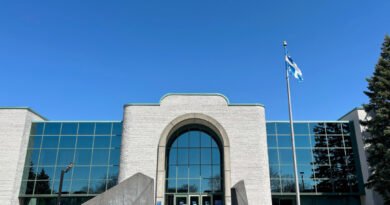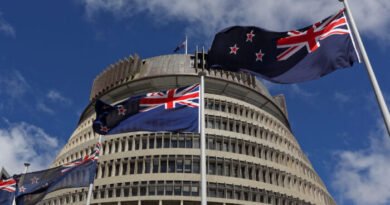New Prime Minister of the Solomon Islands Surfaces, Concerns Arise Regarding Alleged CCP Connections
Jeremiah Manele’s was the foreign minister of the Pacific Island and was involved in tightening ties with the CCP.
The election of former Foreign Affairs Minister Jeremiah Manele as the Solomon Islands’ new prime minister has raised questions over whether the Pacific Island will retain close ties with Beijing.
Mr. Manele was foreign minister when the national government dropped ties with Taiwan in 2019 in favor of the Chinese Communist Party (CCP).
He ran in the recent election under the party of now-former Prime Minister Manasseh Sogavare, but before that was associated with the Democratic Alliance Party.
The election saw no party win a majority of seats, with many independents succeeding.
Ahead of the secret ballot on May 2 to decide the prime minister, police boosted security in the capital Honiara, but—as with the election itself—there was no disruption.
Mr. Manele won the ballot 31 votes to 18, against rival candidate and former opposition leader Mathew Wale. There was one abstention.
All MPs Vote for Prime Minister
Unlike many Parliaments, in the Solomon Islands, the MPs hold a vote for the position of prime minister.
In other democracies, the leader of a party that falls short of a majority, will need to secure the support of smaller parties, and then approach the governor-general to form government.
Instead, in the Solomons, a candidate must secure the backing of a majority of MPs, which is usually by way of coalition agreements.
In this instance, Mr. Manele’s administration—which calls itself the Government for National Unity and Transformation (GNUT)—comprises three parties; his own Our Party is the largest, followed by Manasseh Maelanga’s People’s First Party, and Jamie Vokia’s Kandere Party.
Those parties emerged from the election with 19 MPs, but have picked up nine more.
Although their names won’t be known until the registrar of political parties updates its party membership lists, it’s likely that many are former independents.
The vote on May 2 was closely watched by Beijing, the United Sates, and Australia because of its impact on regional security.
Mr. Manele supported the contentious security pact Mr. Sogavare signed with the CCP in 2022, while opposition leaders said they planned to repudiate the agreement and recognize Taiwan.
Speaking outside Parliament after the vote, Mr. Manele said, “The people have spoken,” and called for calm. “I humbly stand before you, as your elected prime minister. We must respect and uphold the democratic process.”
“Past prime ministers’ elections have been met with [acts] of violence and destruction. Our economy and livelihoods have suffered because of this violence. However, today we show the world that we are better than that.”





